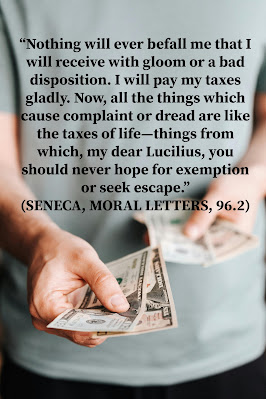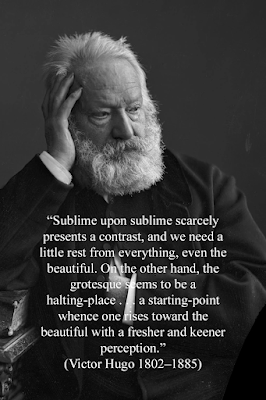“You yourselves are our letter of recommendation, written on our hearts, to be known and read by all . . . Now if the ministry of death, carved in letters on stone, came with such glory that the Israelites could not gaze at Moses' face because of its glory, which was being brought to an end.” (2 Cor 3:2, 7)
Have you ever thought of your spirituality as a letter that can be read by anyone? Paul contrasts two kinds of letters: one written on the heart and the other written on stone. Spirituality conveys a message as if it were a written message.
The difference between a heart and a stone include the fact that one is warm and the other is cold. One is soft, the other is hard. It is also true that a heart can be hard and cold but a stone can never be warm and soft by itself. When we engrave words on a stone, the words are locked into the stone’s face. These words are unforgiving because they do not change or move. A stone cannot respond to the message it receives or communicates. The heart on the other hand can respond to what is written and that’s the point. The heart becomes a testimony to true spirituality because it can receive God’s message from God’s Spirit and respond to it.
The stone contains letters (grammar) while the heart becomes a letter (epistle). The stone of law is broken by the builder of the church, who in turn calls out living stones with which to build His church. He is looking for people of true spirituality. Paul will set up another contrast to help us understand.
"Now if the ministry of death, carved in letters on stone, came with such glory that the Israelites could not gaze at Moses' face because of its glory, which was being brought to an end, will not the ministry of the Spirit have even more glory? For if there was glory in the ministry of condemnation, the ministry of righteousness must far exceed it in glory." [see 2 Cor 3:7-9]
In short, the contrast lies between the “ministry of death/condemnation” (old) vs. “ministry of the
Spirit/righteousness” (new). The general direction of the text underscores the difference between the old covenant and the new; that is, between the Mosaic law contrasted against a ministry of grace.
While the law is necessary to define sin, the grammar on the stone (law) keeps one under the guilt of sin; that is, the ministry of death. Grace, on the other hand, releases from the law once the requirements of the law are satisfied and communicates an entirely different message.
Consider “that which fades away” vs. “that which remains.” (3:11). Which is better?
- That which is permanent or that which fades away? Or;
- The spirit of life or a ministry of death?
If God does not supply our spirituality, we are as good as dead, spiritually.

